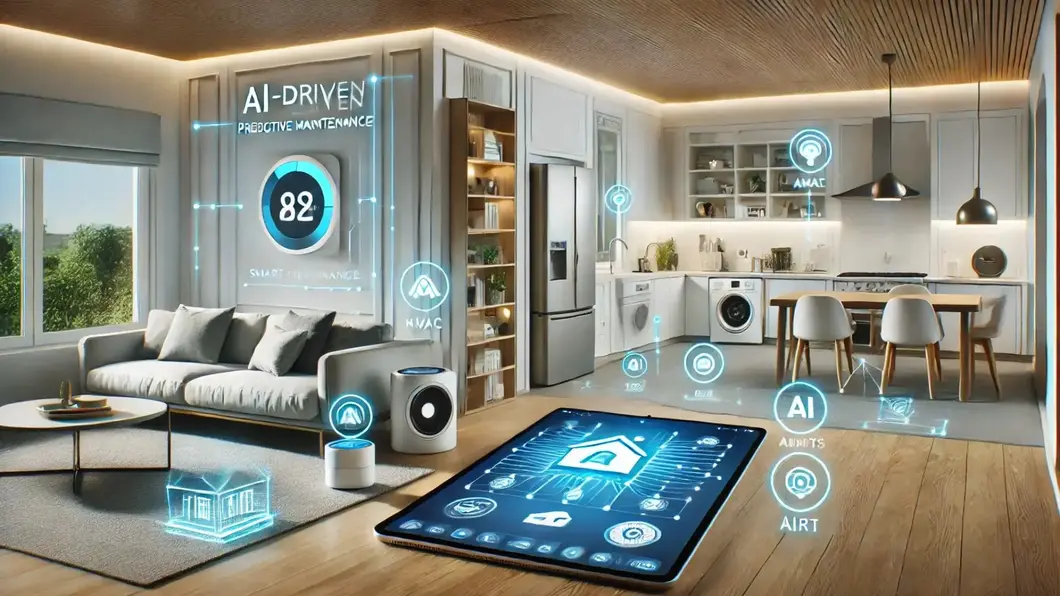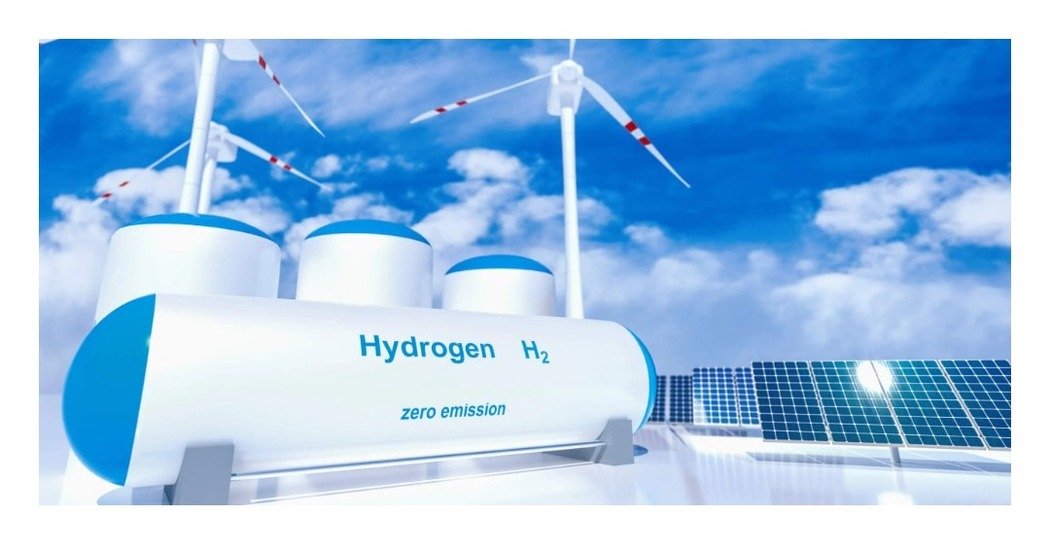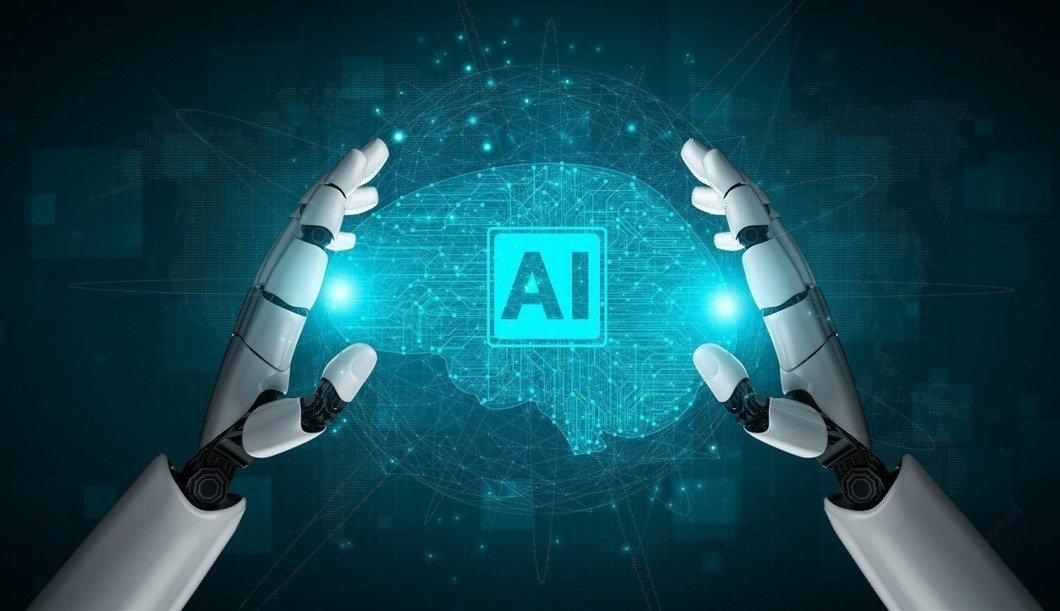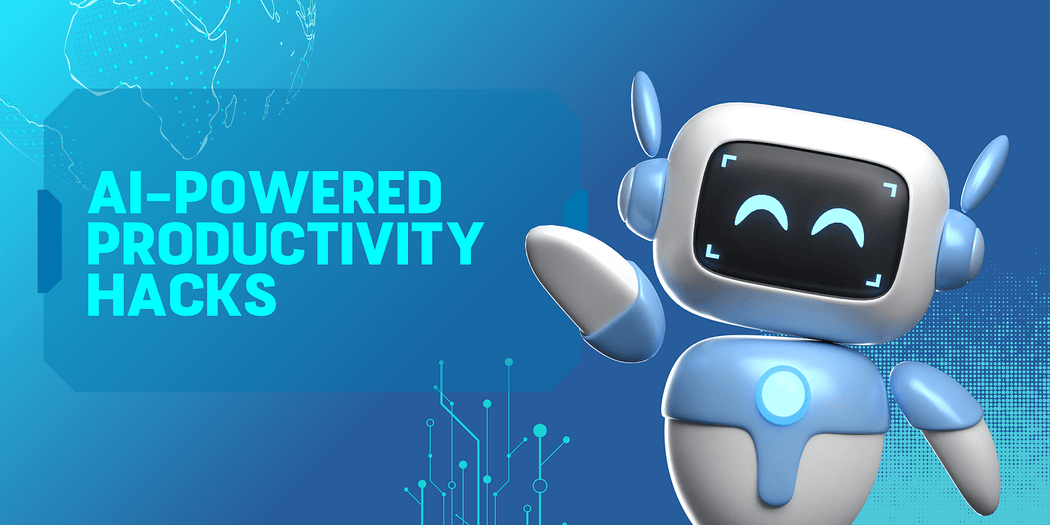
Artificial intelligence (AI) has invaded our homes, transforming the way we work, live, and play. It’s no longer confined to laboratories or commercial spaces. AI voice assistants and smart thermostats are just two examples of how automation is subtly transforming everyday tasks in ways once imagined only in science fiction. Today, designing a home environment that is responsive, intuitive, and even predictive is no longer just about convenience.
People are using AI in their daily lives to save time, reduce energy costs, provide security, and even improve their health. The integration of artificial intelligence (AI) into daily life is subtle yet important, whether it’s a robot that vacuums while you sleep or a smart refrigerator that reminds you to refill your water. This article explores how everyday automation improves our quality of life and offers useful insights into the practical applications of AI in the home. Let’s explore the smart world of home intelligence.
Smart Assistants and Voice-Controlled Lifestyles:
The rise of smart assistants like Apple’s Siri, Google Assistant, and Amazon’s Alexa is one of the most significant impacts of AI in the home. With just a voice command, homeowners can use these digital tools to play music, set reminders, control lights, and get weather forecasts. Beyond these simple actions, these AI technologies can also capture your daily habits, preferences, and behaviours.
For example, your smart assistant can learn your usual work time and send you traffic alerts. Or it can adjust sound and light settings based on your activities and mood. Beyond innovation, this automation is the first step toward a more personalised and efficient home. With advances in voice recognition technology and improved integration, these assistants are becoming digital hubs that smoothly coordinate your entire smart home ecosystem.
AI in Smart Appliances:
Gone are the days when a refrigerator or washing machine was considered a basic necessity. AI features in smart appliances today aim to boost productivity, minimise waste, and conserve time. Imagine a refrigerator that remembers expiration dates, recommends recipes based on its contents, and alerts you when supplies are running low. Or a washing machine that uses artificial intelligence (AI) to recognise the type of clothing and its level of soiling, then adjusts the amount of water and detergent for optimal cleaning results.
These days, even heating and air conditioning can learn your preferred temperature over time and adjust themselves to reduce energy consumption while ensuring your comfort. These AI appliances are not only smart, but they are also becoming increasingly eco-friendly, making your home smarter overall. These systems can gradually improve their understanding of your lifestyle, minimising human intervention and allowing you to focus on what truly matters.
Innovation in AI Home Security:
AI is also having a major impact on security. Modern AI home security systems are much more than motion sensors and sirens. Modern smart cameras can distinguish between people, animals, and objects, reducing the number of false alarms. AI offers proactive rather than reactive protection by identifying unusual behaviour patterns and sending immediate notifications.
Facial recognition technology elevates this level of sophistication by alerting strangers or identifying frequent visitors. Smart doorbells like Ring and Nest Hello offer real-time video transmission and AI analytics to keep you informed, even when you’re away. When safety is of utmost importance, AI provides comfort by enabling smart monitoring, instant alerts, and predictive analytics to foresee potential threats. This helps emergency services respond faster and more effectively while simultaneously improving home security.
AI-Powered Energy Management and Sustainability:
AI is essential for making homes more energy-efficient and environmentally friendly. When you’re away from home, smart thermostats like Nest and Ecobee use artificial intelligence (AI) to learn your schedule and preferred temperatures and adjust your HVAC system to save energy. To develop the best energy-saving strategies, these systems analyse historical usage trends, weather forecasts, and even occupancy data.
Smart lighting systems automatically switch off rooms when they are unoccupied, and AI can even work with solar panels and battery systems to maximise energy efficiency. Given the ongoing global concern about climate change, these developments are not only desirable but also necessary. AI can reduce your carbon footprint and energy costs without sacrificing comfort. In the long term, this automation can also encourage a more sustainable lifestyle by encouraging more conscious energy consumption.
AI in Personalised Lifestyles and Home Entertainment:
Another area where AI is improving the quality of our lives at home is entertainment. AI streaming services like Netflix, YouTube, and Spotify use machine learning algorithms to recommend content based on your preferences. AI can also recommend a complete playlist or movie based on your mood, the current time, or previous preferences. Today, AI is integrated into smart TVs, instantly improving sound and picture quality based on what you’re watching.
Some smart TVs even integrate voice assistants, allowing you to easily control other smart devices or switch between apps. AI-powered fitness mirrors, virtual yoga instructors, and meditation apps create more engaging and interactive lifestyle wellness experiences. These technologies can adapt to your personal preferences, making your home a sanctuary for all your needs. The more you use them, the more accurate and natural they become.
Conclusion:
Home AI is a lifestyle revolution, not just a fad. As technology advances, our homes are becoming smarter, safer, and more tailored to our needs. From active security and personalised entertainment to energy-saving appliances and advanced voice assistants, the automation of everyday life is transforming comfort and convenience. The essence of artificial intelligence is to make life simpler, more enjoyable, and more sustainable, rather than transforming homes into high-tech fortresses. As AI applications become increasingly popular and sophisticated, the future of home life will be not only automated but also highly intuitive. The task now is to find a balance between harnessing the benefits of AI and protecting human interaction, privacy, and the security of our most intimate spaces. If we can harness AI effectively, it has the potential to become a useful yet unnoticed partner in our daily lives.
FAQs:
1. How does AI improve home energy efficiency?
AI reduces energy waste by analysing usage patterns, learning your daily habits, and integrating with smart devices. Smart appliances, lighting, and thermostats all automatically adjust to save on electricity consumption and energy bills.
2. Are AI-powered home appliances safe from hacker attacks?
Even AI-powered devices with advanced features can be dangerous if their security measures are inadequate. Using encrypted networks, strong passwords, and regular firmware updates can significantly improve security.
3. Which AI devices are reasonably priced?
Entry-level smart lighting or cameras, voice assistants like Google Nest or Amazon Echo, and smart plugs are all affordable ways to get started with home automation without investing a lot of money.
4. Can AI help with home care for the elderly?
AI can support elderly care through emergency alert systems, voice assistants that send reminders, health monitoring devices, and even AI chatbots or robot attendants.
5. Will AI completely replace manual home management?
Not really. AI isn’t designed to replace human capabilities but to complement and enhance them. Even as technology automates many tasks, human oversight will remain crucial, especially in sensitive or uncertain situations.









